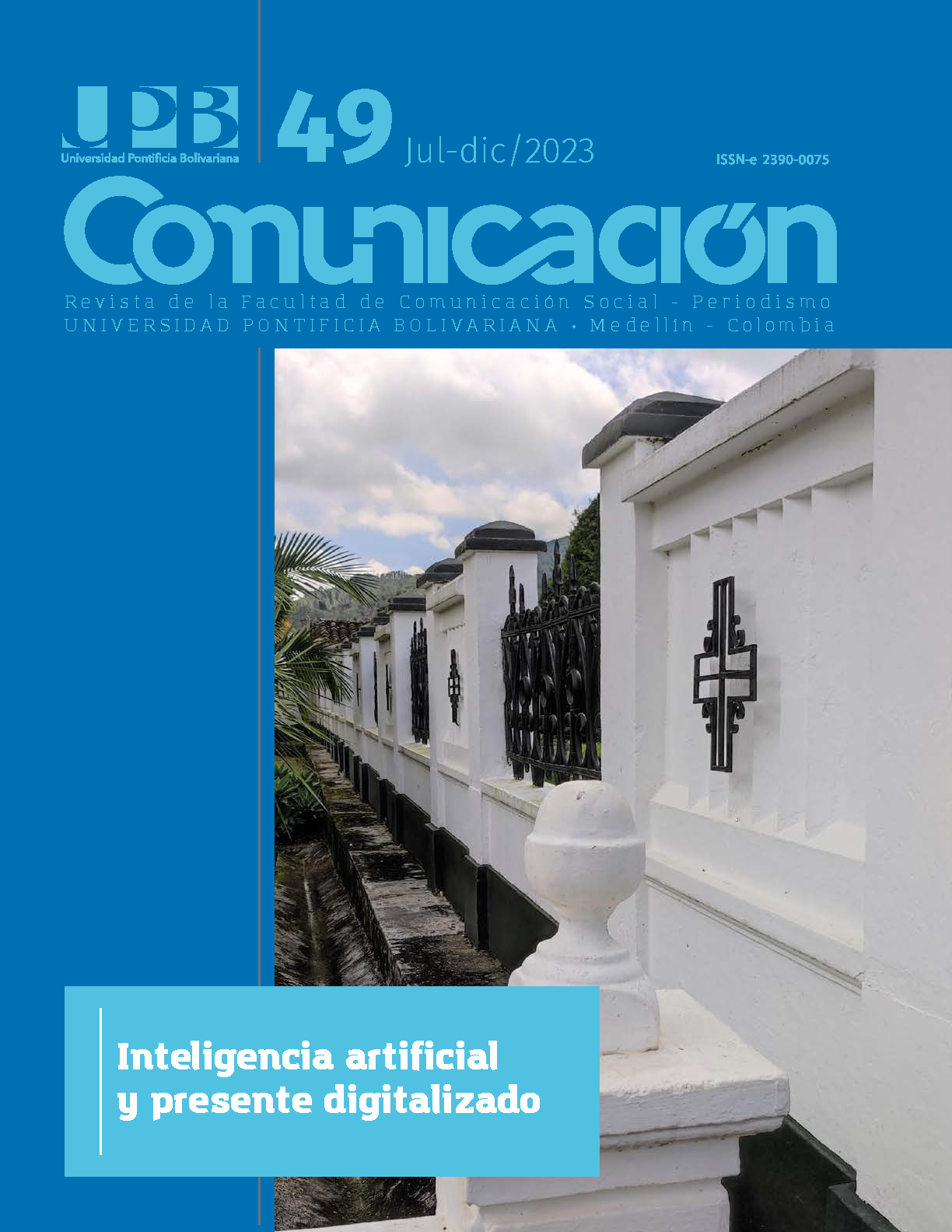Planning and Creation of an Educommunicative Podcast. Anfibio: entre el aula y la web
Main Article Content
Abstract
Anfibio: entre el aula y la web (The Anfibio podcast: between the classroom and the web) emerges is a virtual learning and interaction space created by the members of the Mediation area of Ude@ Virtual Education of the University of Antioquia and designed for the dissemination and exchange of ideas, experiences and knowledge on digital culture, educommunication and other topics framed in the trends of education and ICT. This article presents the different stages of its creation from the planning process, focused on the creation of sound content with an emphasis on ICT and its use in education, to the development of the content and its subsequent dissemination on the different digital platforms. Based on guiding questions, audiovisual proposals, and the investigation of the university ecosystem, sought to understand the needs of the audience and the mediation of ICTs actually, in order to create content and a space conducive to learning, and at the same time achieve limit the social gap in access to information. Likewise, the importance of integrating the multiple formats and communication platforms into the process of creating an educational podcast is exposed so that them can use as tools in order to enhance the interaction of audiences in various spheres of cyberspace.
References
Banco de la República (s.f.). Radio Sutatenza. Banrepcultural. https://www.banrepcultural.org/florencia/actividad/radio-sutatenza
Barrios, A. y Fajardo, G. C. (2017). El ecosistema educativo impactado por las TIC (The educational ecosystem impacted by ICT). Revista Anagramas, 15(30), pp. 101 – 120. https://doi.org/10.22395/angr.v15n30a5
García-Ávila, S. (2017). Alfabetización Digital. Razón y Palabra, 21(3_98), pp. 66–81. https://www.revistarazonypalabra.org/index.php/ryp/article/view/1043/1030
Kaplún, G. (2022). Educomunicación y ecología de saberes: Territorios y dimensiones de una práctica social. En I. Aguaded, A. Vizcaíno-Verdú, A. Hernando-Gómez y M. Bonilladel- Río (Eds.). Redes sociales y ciudadanía: ciberculturas para el aprendizaje (pp. 319- 324). Grupo Comunicar.
Lévy, P. (2004). Inteligencia colectiva: por una antropología del ciberespacio. (F. Martínez, Trad.). Organización Panamericana de la Salud. https://n9.cl/8rht5
Lugo, N. (2016). Diseño de narrativas transmedia para la transalfabetización [Tesis doctoral, Universitat Pompeu Fabra]. http://josemiguelgutipeque.blogs.uva.es/files/2018/04/TesisDoctoralNoemiLugo.pdf
Martín-Barbero, J. (2015). ¿Desde dónde pensamos la comunicación hoy? Chasqui. Revista Latinoamericana de Comunicación, (128), pp. 13-29. https://n9.cl/e9fjl
Oviedo, J. (2021). El DANE reveló en ANDICOM 2021 las cifras que muestran la brecha digital en Colombia. ANDICOM. Congreso Internacional de TIC. https://n9.cl/p34wcb
Quintana, B., Parra, C. y Riaño, J. (2017). El podcast como herramienta para la innovación en espacios de comunicación universitarios. Revista Anagramas. 15(30), pp. 81-100. https://doi.org/10.22395/angr.v15n30a4
Rojas, L. (2010). El ocio digital como factor de alfabetización digital [conferencia]. Congreso Alfabetización mediática y culturas digitales. Universidad de Sevilla, Sevilla, España. https://n9.cl/brsqh






